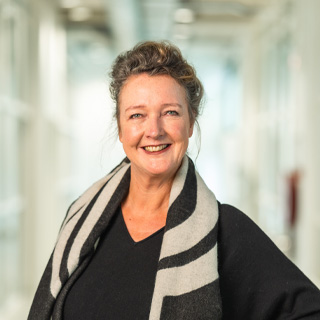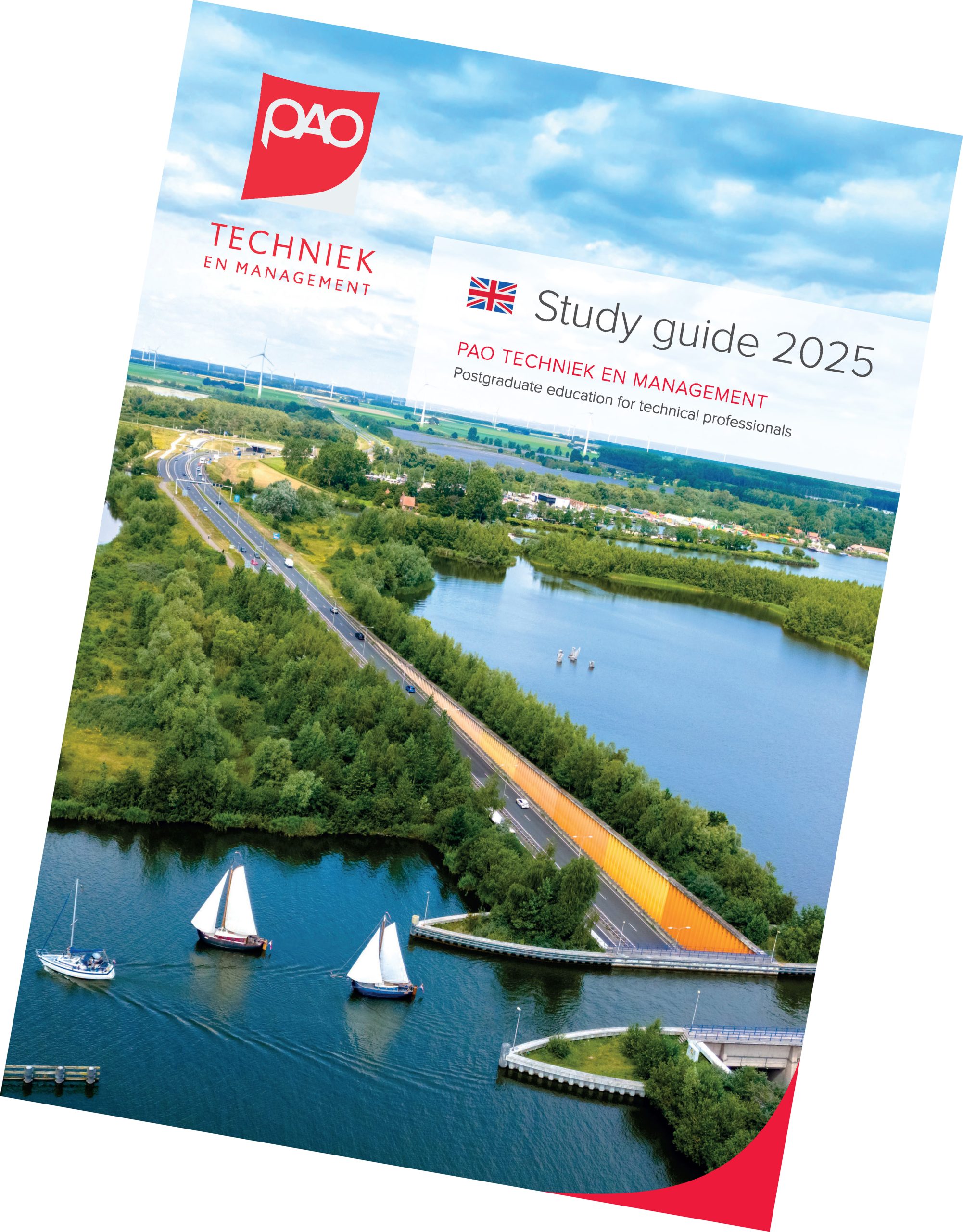Chemical Engineering - Reactor Science
Learn about the different reactor types, how to use them optimally and what developments there are in reactor design and application.
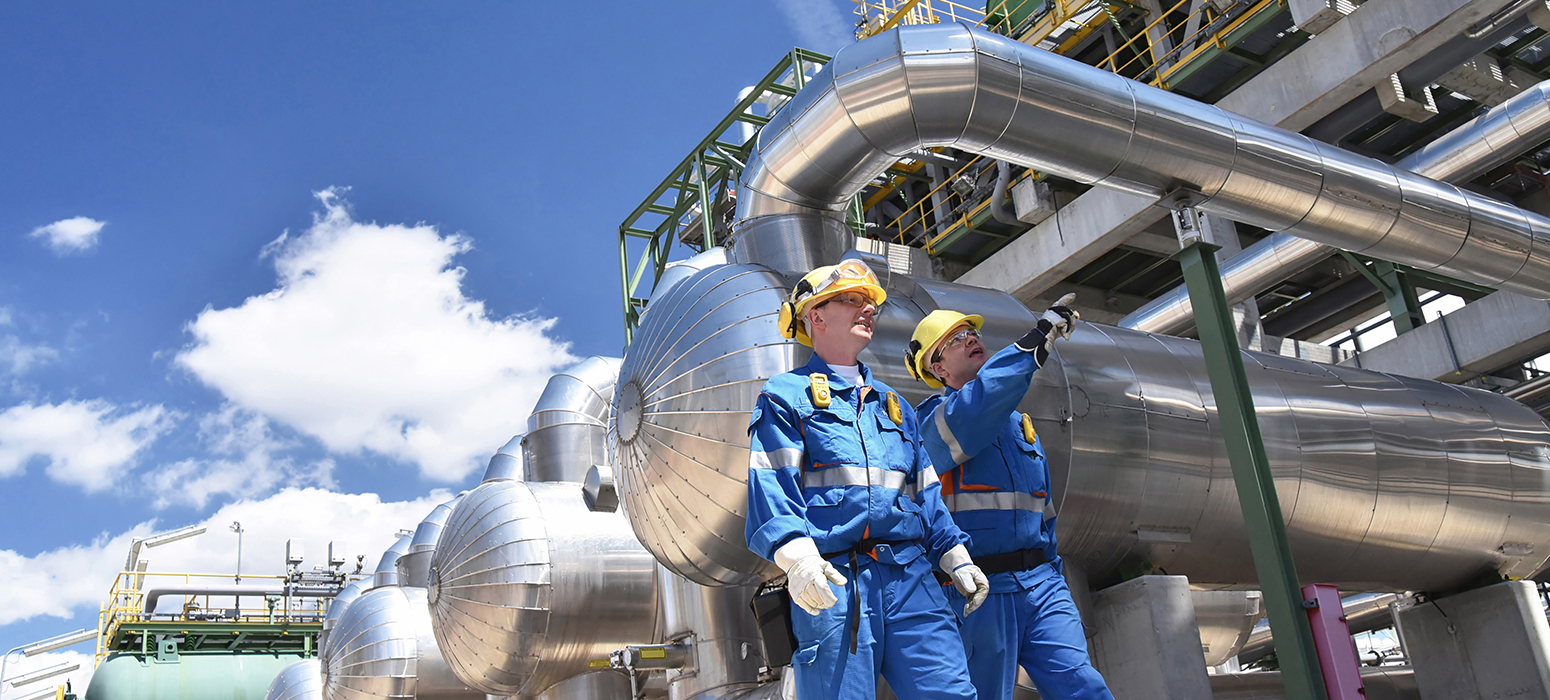
Reaction kinetics, reactor modelling, validation and intensification
The chemical reactor lies at the heart of most chemical processes. The design and operation often determine the success or failure of the entire process. In the overall process, feedstocks are delivered to the chemical reactor at the appropriate temperature, pressure, and concentrations of species. It is the essential component in which the feed is converted into the desired products and place in the process where the most value is added: lower-value feeds are converted into higher-value products.
Many chemical reactors can be modeled using three main reactor archetypes: batch, continuous-stirred-tank, and plug-flow reactors. By virtue of their design and the typical operating conditions, many complex chemical reactors can be well approximated by these three simple reactor types.
The material and energy balances of these three reactors are sets of first-order, nonlinear ordinary differential equations (ODEs) or nonlinear algebraic equations, or in some situations, differential algebraic equations (DAEs). The great simplification that has become standard practice in introductory reactor design texts is to neglect the momentum balance and a careful treatment of the fluid flow pattern within the reactor. Concentration, temperature and pressure are therefore the usual dependent variables that are solved as functions of time or distance along the reactor as the independent variable.
Optimally utilize the design and operation of a chemical reactor
During the course:
- You get an overview of different reaction mechanisms
- A divers series of reactor types is treated
- Optimalization of reaction and reactor type is allocated
- The newest developments on reactor design and application will be dealt with
- You get to understand the influence of a good reactor design on the product and the conversion
- You learn what the important factors are that influence the process
- You get an overview of available types of reactors
- You learn how to optimize existing processes
Intended for
The course is meant for engineers, technologists, designers with a chemical, process, technological or mechanical background on bachelor or master level.
Within the program you can take six other courses. View them all on the page Chemical Engineering.
Course leader
drs. ir. Johan Krop
PAOTM is rated with an average of
Program manager
Why PAOTM
-
The latest post-academic knowledge and skills
-
Focused on questions that arise in a technical environment
-
Interactive and directly applicable in practice
-
Top teachers from science, research and business
Frequently asked questions
Program
- Registration
- The order of a reaction & Bioreactors
- Break
- More complex Reactor Science
- Lunch
- Catalysis
- Break
- State of the Art Reactor Science & Design
- Wrap up & course evaluation
Course leader
drs. ir. Johan Krop
PAOTM is rated with an average of
Frequently asked questions
Dates and locations
Below you will find an overview of the available dates and locations. You can register immediately by clicking on the 'Register' button.
Investment
- Price excludes 21% VAT
- Including coffee, tea, lunches and (digital) course material
Need a quotation?
Heb je vooraf een offerte nodig voor jouw cursusaanvraag? Vraag deze hier eenvoudig aan.
Request a quotationFrequently asked questions
In-company
Are several employees interested in the same course, do you want to enrich knowledge with the entire team or focus on your own practice? Then an in-company course could be interesting. We are happy to think along with you about the possibilities. PAOTM has extensive experience in organizing in-company courses in many technical fields for a wide range of companies. You can choose to have an existing course organized in-company for multiple employees. However, if you have a specific organizational or departmental issue, we can also design a unique course. For every customized request, we search our network at universities, knowledge institutes and the business community for the right teachers who can provide your team with the desired knowledge. We then put together a course based on your training needs, learning needs and organizational goals.
Curious about the possibilities? Contact one of our program managers or complete the form below. We are happy to make you a suitable offer.
FAQ's
In-company request
"*" geeft vereiste velden aan
Program manager
In-company courses of PAOTM are rated with an average of
Why In-company
-
A course tailored to your specific needs
-
Get started right away with your own cases
-
Led by top teachers with the most up-to-date knowledge
-
You choose where and when: always efficient
-
The entire team trained simultaneously
-
Customization possible in all our fields
Download the Study Guide
Would you like a complete overview of all our courses and trainings? Download the digital study guide!
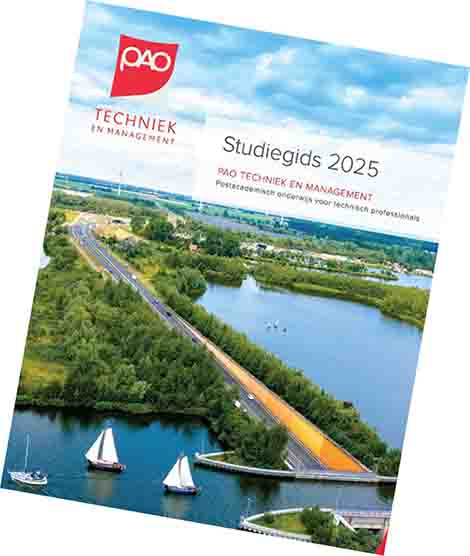
Upcoming dates
Chemische Technologie - Reactorkunde

Is your desired date not listed?
Sign up for the interest list. We will inform you as soon as a new date is planned.
Our corporate partners
Subscribe for the newsletter
In our monthly newsletter we inform you by e-mail about courses, trainings, news and developments in the various fields of PAOTM. Select the topics of your interest!
Download the Study Guide
In addition to the course offerings, the Study Guide also contains the themes that we will further develop next year. Would you like a complete overview of our courses and training in your field(s)? Request the Study Guide and receive it digitally.

